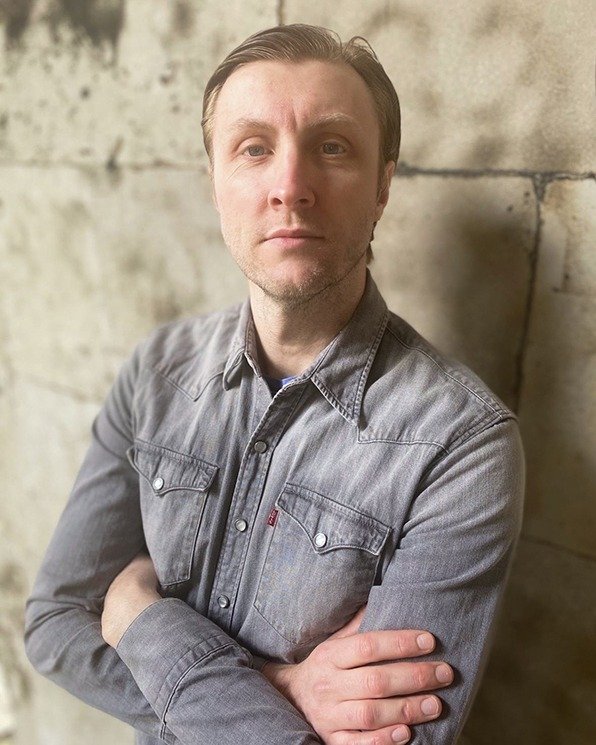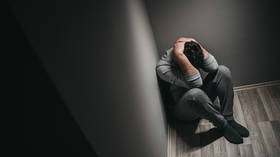Homeschooling’s rising popularity, spurred on by Covid-19, risks kids being ensconced in both digital and physical echo chambers

Reports indicate that a rising number of kids are being removed from schools, sparking a debate over whether, in today’s digital and polarised world, that will result in them being unable to accept or understand opposing views.
The popularity of homeschooling is rocketing, but there’s a raging debate as to whether that’s a good thing. The number of kids being educated at home in England has risen by 38 percent in the past year. Gail Tolley, of the Association of Directors of Childrens’ Services, admitted she had worries…”If a child is taken out of school, it is vital we know that they are in a safe environment and that their needs are being met.”
In the English city of Sheffield, pre-lockdown, there were 462 families registered as home-educating, but since September, that is now 650. The figures are for children removed from schools and not those being educated remotely on a temporary basis due to Covid-19.
Across the pond, homeschooling is even more popular. In Texas, the trend was increasing long before the pandemic. Over the past 20 years, there’s been a 228 percent rise in home-educated kids. According to the Texas Home School Coalition, it’s the fastest-growing form of education in the US and the cohort currently comprises 2.5 million children.
Public schools in Mississippi alone, meanwhile, have enrolled 23,000 fewer students than last year, and officials are concerned. State Superintendent of Education Carey Wright stated: “My goal is to make sure they are in a learning environment."
At a national level, the US Department of Education found various reasons for the decision to homeschool: 12 percent cited religion and 29 percent pointed to a lack of safety. Some more numbers for you: Research discovered 10 percent of American parents plan to homeschool this year. And, according to online schooling company Minerva Tutors’ CEO, Hugh Viney, demand for homeschooling this year has shot up 400 percent.
Fears have been voiced that abusive parents may favour homeschooling, as they can avoid the watchful eye of teachers. But that’s countered by those educators who exploit their position of trust, such as Rene Carter, in Montana, in the US, who just admitted to having sex with her teenage pupil – including in the classroom. The fear of abuse is a red herring – it is abhorrent whether at home or at school.
No, what I consider to be the question we should be asking about homeschooling is this: does it affect a child’s ability to think critically? Supporters argue that education at home can be tailored to the needs of an individual in a way that it can’t in class.
Dr Harriet Pattison, a senior lecturer in early childhood at Liverpool Hope University, agrees: “School is a standardised approach, but it doesn’t churn out a standardised product. Schooling is, in general, pretty monolithic. If you’re not learning to read in the classroom, often the only option is more of the same.”
There are many companies who provide parents with a curriculum and a structure to deliver it, so giving children the tools to develop their language and mathematics skills, and so on, is not the concern here. But because the younger generation are big advocates of social media, they are at an inherent disadvantage in some key areas. Facebook, Instagram and Twitter accounts become echo chambers that create confirmation bias – the natural tendency to seek and remember information in accordance with our existing beliefs.
Also on rt.com Horrific rise in cases of baby abuse is the hidden cost of lockdown that we simply cannot ignoreInstead of questions being posed by a teacher and members of the class stating their case in response, allowing everyone to think critically, homeschoolers have only their own opinion and no one to critique it.
And social skills suffer, to boot. One parent, commenting online, echoed this: “I am sure that homeschooling has its benefits, but children need social skills too. They don’t develop those skills if they are at home.” However, Sarah Dickinson, who homeschools her three children, countered, telling RT: “The flexibility and responsive nature of home education allows for considerably more time to be devoted to research, critical thinking and debate than would typically be possible within a school curriculum.”
Communication is also a concern, with one study highlighting that, while social media provides information, there’s a downside: “Because of the lack of body signals and other nonverbal cues, social networking sites are not an adequate replacement for face-to-face communication.”
We exist in an increasingly polarised world, encountering direct challenges to our opinions. This year, we saw the rise of the Black Lives Matter movement, whose demonstrations led in some places to rioting and counter-protests. Questions were sparked about police funding, historical legacies and community engagement. Donald Trump has questioned the legitimacy of the presidential election, with voices on both sides stating their case. Britain is facing Brexit, which is happening even though the nationwide referendum was split by only four percent between those who voted for and those who voted against. Facing opposing opinions and accepting decisions you don’t support is part of life.
This is a worry Harvard Law School’s Professor Elizabeth Bartholet discussed in her high-profile paper on homeschooling, in which she stated that traditional schooling “makes children aware of important cultural values and provides skills enabling children to participate productively in their communities and the larger society through various forms of civic engagement.”
Alistair McConville, the director of learning and innovation at English public school Bedales thinks the echo chamber argument can be negated, as “isolation from peer interaction is crucial for adolescent development in particular, but if it’s set up so that homeschoolers interact regularly with other people in their boat, or via youth clubs or other extracurricular supplements, then there needn’t be a problem.”
But, to many, taking kids to interact with peers at youth clubs, sounds a lot like the reason for enrolling them in school. If children only spend time engaged with their teacher-parents, then they’re going to absorb their opinions by osmosis. Then, online, they’ll seek out content promulgating those same opinions, further compounding the issue. It’s not hard to see how a dangerous cycle begins.
The world has changed to such a degree that critical thinking must be instilled and developed in the younger generation. Homeschooling may have some merits but, on that most important issue of all, it fails.
Think your friends would be interested? Share this story!
The statements, views and opinions expressed in this column are solely those of the author and do not necessarily represent those of RT.














